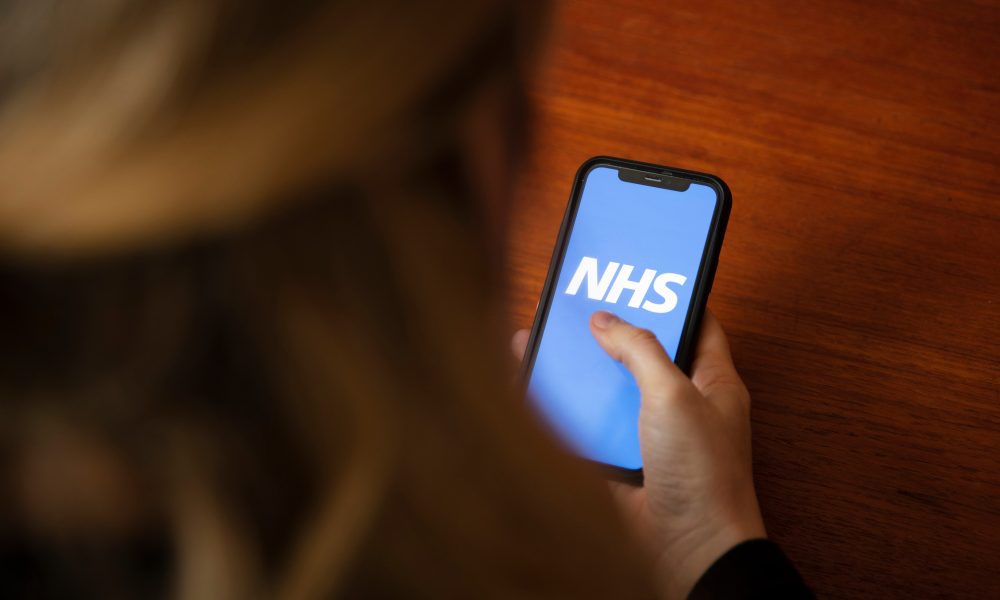
Up to three quarters of Londoners have used online consultation forms, the NHS App and GP surgery websites to access primary care services, according to a new report from the Health Innovation Network (HIN) South London and NHS England (London) Digital First.
More than 3,000 patients from across London completed an online survey or participated in focus groups.
The report revealed that most people found these digital tools beneficial as they allowed them to complete key tasks related to managing their healthcare more independently.
Matt Nye, Director of Digital First Programme, NHS England (London) said: “This report has shown us how integral digital tools are for people using primary care services across London.
“We’ve heard that patients find the most common digital tools really helpful for accessing support in ways that suit their needs, and this provides more evidence for continuing to invest in making these channels as good as they can be.”
While most patients who responded found the three digital tools easy and convenient to use, the report also highlighted variation across London, with some patients reporting challenges with accessibility and availability of certain features.
For example, 43 per cent were not able to book a routine GP appointment online and almost a third did not have full access to their medical records via the NHS App.
The report also highlighted the importance of continuing to tackle the root causes of digital exclusion and acknowledged that some groups underserved by digital technologies may still be underrepresented in this type of research.
The most used digital tool was the NHS App, which had been used by 87 per cent of people who completed the survey.
Generally, patients felt the NHS App was a useful source of information and they valued the ability to manage their own health through ordering repeat medication and accessing their medical records.
Meanwhile, 77 per cent of those surveyed had used online forms to provide information about a health concern or condition to their GP.
The report also detailed a number of priority areas for improving the adoption and user experience of digital tools in primary care.
The recommendations included improved communication with patients about the digital tools available in primary care, driving higher standards of usability and accessibility across the sector, and taking a user-centred approach to engaging patients in service design and delivery.
The report also covered a number of considerations related to digital exclusion, identifying the need for flexibility within the use of digital tools to allow for compliance with the Accessible Information Standard where patients have different communication needs.
Amanda Begley is Director of Digital Transformation at the HIN South London.
She said: “It is great to now have such a rich picture about what is and isn’t working for patients when it comes to digital primary care.
“With the report identifying high usage rates of the NHS App, online consultation forms and GP websites, making some relatively small improvements as identified in the report could have a big benefit for patients and primary care services.
“We also need to make sure digital exclusion remains at the top of the agenda and that primary care teams get the support they need to give patients access to a full range of digital and non-digital options for how they manage their health.”




